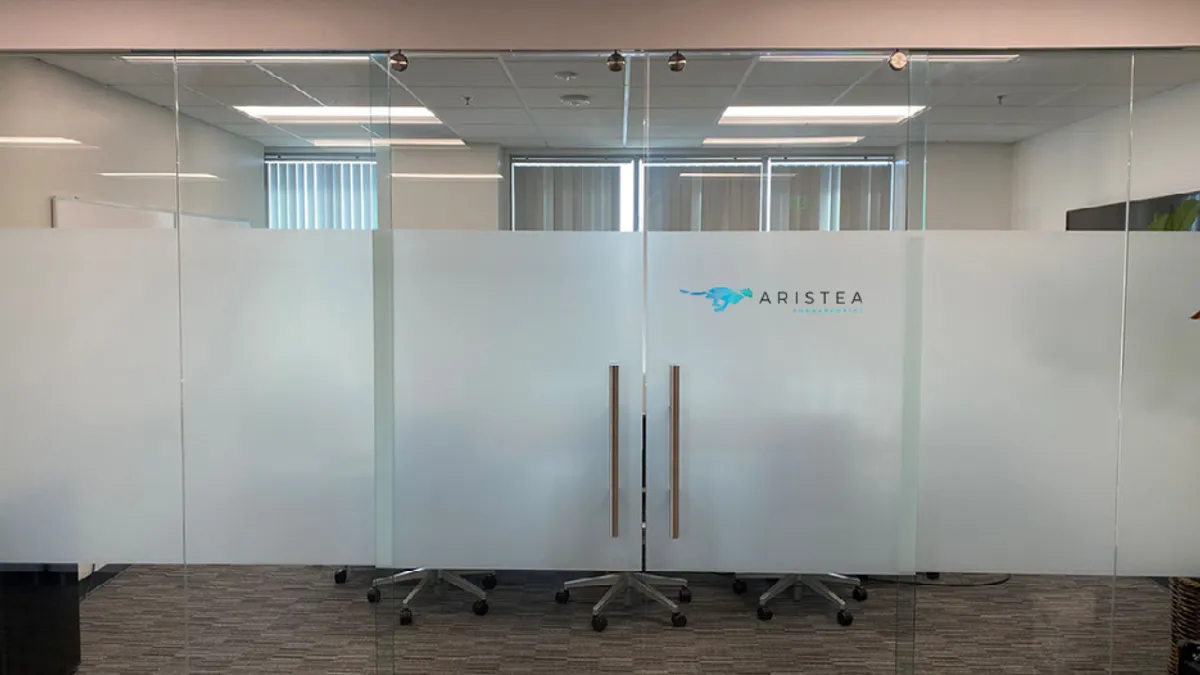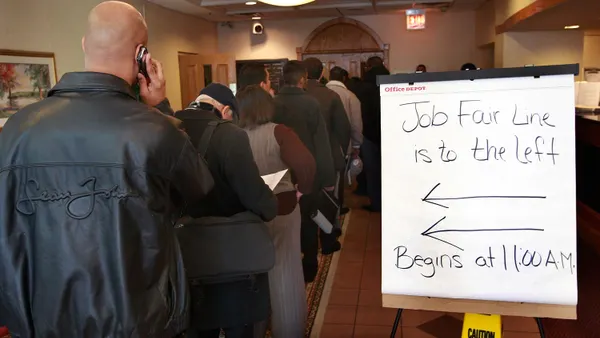Since taking over as finance chief of the small biotech company Aristea Therapeutics Inc. last year, first-time CFO Justin Thacker has stretched into his new strategic responsibilities to help prepare the company for a range of scenarios, including a public offering.
Thacker started out as a senior accountant and auditor at PricewaterhouseCoopers, and over the years went on to serve in senior finance roles at life science companies, most recently as vice president of finance at Design Therapeutics where he supported the company’s initial public offering.
Now, at Aristea, where he is the sole full-time member of the finance department, Thacker is balancing both guiding the company’s strategy as well as contemplating future improvements to the company’s accounting system as he looks to make sure that the cash-burning company has the financing runway to chart its own course.
“I’ve traditionally been in the weeds a little more and as a CFO you need to be a little bit out of the weeds,” he said, adding that the strategic significance of the CFO seat and the importance of his return on investment calculations has become clearer to him as he has settled in. “It becomes readily apparent when you’re closer to it.”
What ifs
Founded in 2018, the clinical-stage San Diego-based biotech company is focused on developing therapies to treat relatively rare and serious inflammatory orphan diseases such as palmoplantar pustulosis (PPP), which causes painful swelling in the hands and feet.
The fortunes of the tiny firm — it has ten employees — have long been tied to big pharma. It was one of a number of biotechs created when AstraZeneca decided to sell off promising non-core experimental drugs and focus on oncology, respiratory and metabolic diseases. Then last summer it scored a win when Arena Pharmaceuticals agreed to pay $60 million for an option to acquire Aristea and the rights to its main project, a drug for PPP dubbed RIST4721. But the outlook for that buyout option is now murky as Pfizer late last year agreed to acquire Arena for $6.7 billion.
Aristea hasn’t had any conversations with Pfizer about their plans for the option, which could be executed shortly after the trials are completed in about 18 months, Thacker said. The deal has not yet closed and a Pfizer spokesperson was not immediately available for comment.
In case the buyout doesn't happen, or even if it does, the company is considering many scenarios, including developing other drugs that would not be subject to the buyout option. Those could potentially be spun out as a separate company.
Aristea is “constantly looking at different models and what ifs,” he said. The company has about $100 million in cash that will give it enough financing to operate into 2024, he said.
Thacker is also preparing for a possible IPO, in part by working on improving the financial reporting to the board as well as the company’s accounting system.
The company uses Quickbooks Online, as many smaller companies do, but eventually he expects the company will need to migrate to Microsoft Dynamics or another system, driven in part by its need to provide financial information to external companies such as Arena.
“At some point we know we’ll outgrow our current accounting system,” he said.















